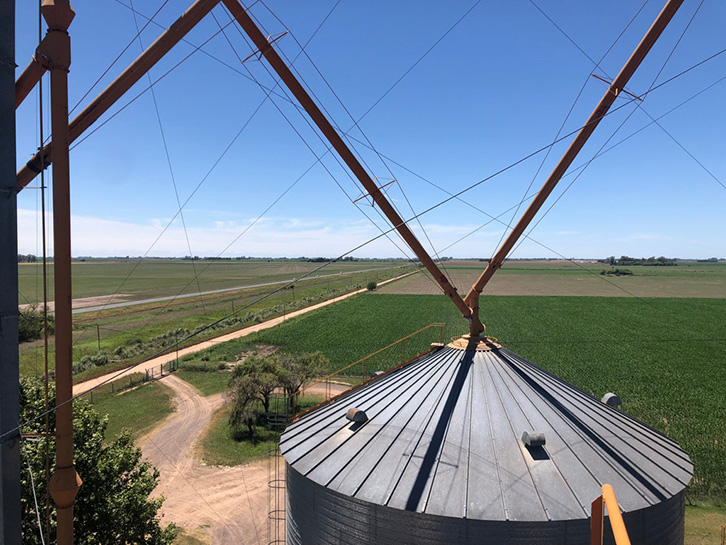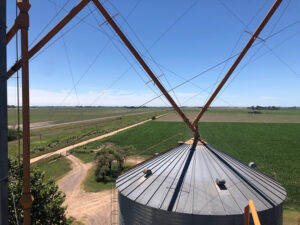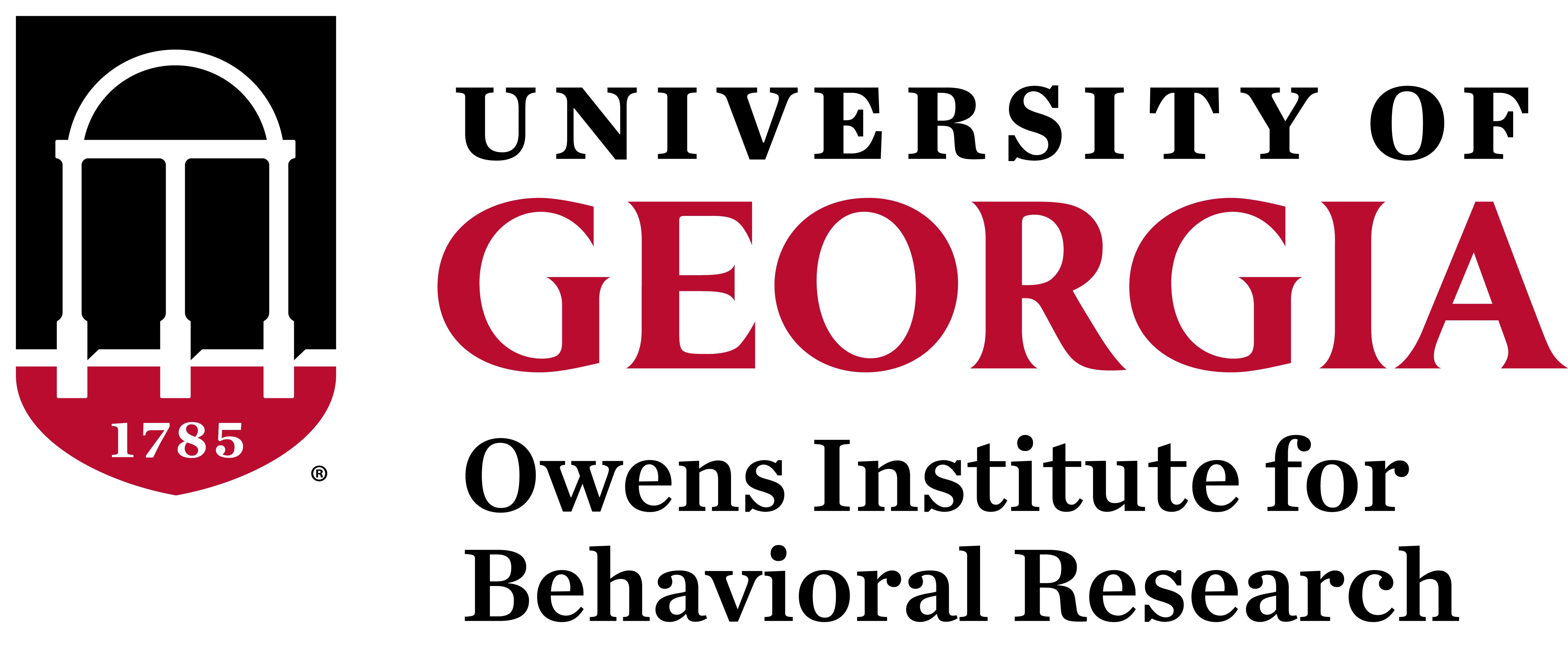Balancing Prosperity and Pesticides: The Complexities of Agricultural Biotechnology

 Agricultural biotechnology straddles the line between prosperity and peril, offering both the potential to transform economies and the risk of severe environmental and health consequences. This dichotomy forms the heart of the research project “Prosperity, Plants, and Pesticides: The Dangers and Opportunities of Agricultural Biotechnology,” led by Dr. Pablo Lapegna, an Associate Professor of Sociology and Latin American and Caribbean Studies at the University of Georgia (UGA). With recent grant support from the National Endowment for the Humanities, Lapegna hopes to unravel these complexities through a forthcoming book and a comprehensive online repository, alongside his collaborator Johana Kunin (a professor of anthropology at the Universidad Nacional de San Martin, UNSAM, and a researcher at CONICET, the National Scientific and Technical Research Council, both in Argentina).
Agricultural biotechnology straddles the line between prosperity and peril, offering both the potential to transform economies and the risk of severe environmental and health consequences. This dichotomy forms the heart of the research project “Prosperity, Plants, and Pesticides: The Dangers and Opportunities of Agricultural Biotechnology,” led by Dr. Pablo Lapegna, an Associate Professor of Sociology and Latin American and Caribbean Studies at the University of Georgia (UGA). With recent grant support from the National Endowment for the Humanities, Lapegna hopes to unravel these complexities through a forthcoming book and a comprehensive online repository, alongside his collaborator Johana Kunin (a professor of anthropology at the Universidad Nacional de San Martin, UNSAM, and a researcher at CONICET, the National Scientific and Technical Research Council, both in Argentina).
The Seeds of Research
Lapegna’s research in agricultural biotechnology and its dual-edged impacts began with his earlier work, encapsulated in his book “Soybeans and Power.” This study delved into the repercussions of pesticide use on marginalized populations, particularly small farmers in northern Argentina. Witnessing firsthand the stark contrast between communities suffering from pesticide drift and those flourishing from the economic gains of genetically modified soybean production sparked the idea for his current research.
“Farming needs to use herbicides because that’s the way that you guarantee good yields,” Lapegna explains. “The bigger the yield, the more profit you get as a farmer.” This fundamental tension—between economic prosperity and the health and environmental impacts of pesticide use—is central to Lapegna’s latest investigation.
The Human Element
One aspect of this research is its focus on mid-sized family farmers in Argentina who inhabit the very lands they cultivate. These farmers, often descendants of Spanish and Italian migrants, are relatively prosperous and live comfortably compared to other middle-class Argentinians. Yet, they share the same air and water, and so, the same health risks posed by pesticide use.
Lapegna shares an intriguing ambivalence among these farmers about the health impacts of pesticides. “There’s a claim that pesticides create cancer clusters in many farming towns,” he notes. While this notion gains traction primarily in urban areas and among environmental activists, farmers themselves are skeptical yet not entirely dismissive. This ambivalence is central to Lapegna’s research on how farmers experience the tensions between their economic success and the potential health hazards of pesticide exposure.
Voices from the Fields
Throughout his research, Lapegna has been struck by the farmers’ willingness to share their stories. Contrary to their often-negative portrayal in the media, these farmers provide a nuanced perspective on their practices. They emphasize the knowledge and care involved in farming, the generational legacy tied to their land, and their belief in the safe use of pesticides when managed properly.
One poignant anecdote underscores the pride and heritage these farmers feel. Lapegna recounts meeting an extraordinarily successful farmer who, despite his wealth, cherishes the old steering wheel of his grandfather’s tractor that is hanging on the wall of his office, a symbol of the hard work and perseverance that built their family’s prosperity. This farmer’s story epitomizes the broader narrative Lapegna looks to capture: the delicate balance between pride, tradition, and the harsh realities of modern agriculture.
Looking Ahead
As Lapegna and an interdisciplinary team—including experts from UGA and beyond—delve deeper into their research, they plan to employ innovative methods such as using silicone wristbands to measure pesticide exposure among farmers. This approach aims to gather concrete data on the everyday realities of pesticide exposure in farming communities.
Lapegna’s research looks to highlight how modern life, dependent on various toxic substances, navigates the delicate balance between benefit and harm. By integrating humanistic social sciences with environmental humanities, his project aims to offer a comprehensive understanding of our relationship with nature and its inherent tensions. In a world increasingly reliant on agricultural biotechnology, the insights from “Prosperity, Plants, and Pesticides” could be globally invaluable. As Lapegna aptly puts it, “There are all kinds of products that we cannot live without, but at the same time, they may be killing us.” This research holds the promise of guiding us toward a more balanced and informed approach to the challenges and opportunities in agricultural biotechnology.
Written by: Andrea Horsman
